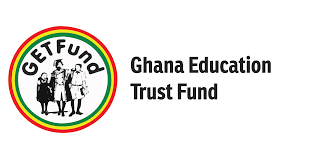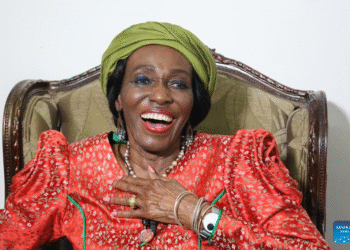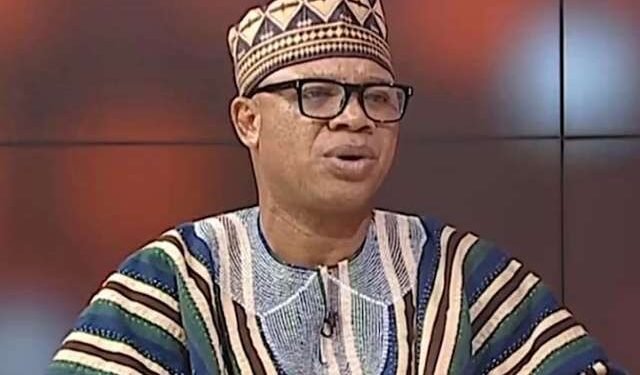Ghana’s reliance on a policy fund as a go-to solution for addressing governance and policy challenges has become all too predictable, according to Bright Simons, Vice President of IMANI Africa.
While the nation continues to showcase creativity in music, fashion, and culture, its approach to policy innovation remains stagnant—whenever uncertainty arises, the default response is to establish yet another fund.
Simons argued that instead of crafting diverse, tailored solutions, Ghanaian policymakers default to setting up new financial vehicles to tackle national issues, regardless of their effectiveness.
“Immediately some smart-sounding solution to one policy problem takes hold, it soon becomes the default solution to every other problem.”
Bright Simons
His observation highlights a growing concern: funds have become a blanket approach for issues ranging from education to housing, digital innovation, and even creative arts.
The trend arguably started with GETFund, which was introduced to finance education projects using tax revenue. It was a seemingly successful initiative, and soon, similar models followed.
“Soon, a road fund was put in place. The money also comes from taxes. Before long, every single proposal to address any longstanding mess in national life had to have a ‘fund’ to adorn it.”
Bright Simons
Simons criticized this approach, arguing that it has led to the proliferation of numerous government-backed funds, many of which lack clear mandates, measurable outcomes, or tangible benefits for the economy.
He highlighted a pattern in which these funds are created with ambitious promises but often fail to deliver meaningful results.
Citing examples, he pointed to the Creative Arts Fund, which was introduced as a solution to revitalize Ghana’s struggling movie industry and improve production standards, yet has yielded little progress.

Similarly, the E-Waste Fund was established as a bureaucratic entity classified as a state-owned enterprise, despite lacking any distinct products or revenue sources beyond taxation.
The Railway Fund, proposed over a decade ago, remains largely inactive, while the National Housing Fund, introduced in 2019 to boost mortgage lending, has yet to prove its effectiveness.
Another example is the Ghana Digital Innovation Fund, launched in 2022 to support state-run digital centers and startups.
However, Simons argued that it follows the same flawed template as previous initiatives, raising doubts about its long-term impact.
He warned that Ghana now has an overwhelming number of such proposed funds, yet their actual contribution to national development remains highly questionable.
Without clear strategies, proper oversight, and accountability, he cautioned, these funds risk becoming mere bureaucratic tools that serve political interests rather than driving real economic progress.
A Hollow Fix for Deep-Seated Problems
While funds could serve as centralized pools to attract diverse financial contributions, they often become tax-driven schemes with little transparency.
Accordingly, Bright Simons acknowledged that in theory, some funds—such as the proposed National Research Fund—could work if they genuinely attract external financing beyond government seed money. However, he remained skeptical.

“Some funds like the Ghana Education Outcomes Fund were also initially marketed in this way. It has become clear now that, as usual, public funding is the only hope.”
Bright Simons
He argued that even where funds have a legitimate purpose, such as investment-driven models like the Ghana Petroleum Funds and the Ghana Infrastructure Investment Fund, they still face inefficiencies.
A 2023 strategy was introduced to “streamline” earmarked funds, as many rely solely on the government budget—defeating their intended purpose.
“You can’t lock public money in a vehicle called a Fund when there are other urgent problems left unattended to because of lack of money. Not when it is the same public funds at the end of the day.”
Bright Simons
The overarching problem, he insisted, is that merely creating funds does not resolve financial constraints in critical sectors. Instead, they often serve as bureaucratic placeholders, giving the illusion of progress while perpetuating inefficiencies.
“And that is what most suggestions to create a new fund in Ghana often mean: hustling for tax money. Haven’t all these folks heard of the Consolidated Fund?”
Bright Simons
Simons’ critique brings to the forefront a crucial debate: Should Ghanaian policymakers persist in using government-backed funds as the go-to solution for economic challenges, or is it time to adopt a more comprehensive approach to governance and resource management?

While these funds are often presented as vehicles for development, their long-term viability and effectiveness remain uncertain, particularly when they fail to generate independent financial backing and instead become a continuous drain on public resources.
If these funds primarily rely on government allocations without attracting private sector investment or delivering measurable outcomes, then a reassessment of their role in national development is necessary.
Rather than creating additional bureaucratic entities with vague mandates, policymakers may need to explore alternative strategies that prioritize efficiency, accountability, and sustainable economic growth.
This could include strengthening existing institutions, promoting regulatory reforms, and fostering private-sector-led initiatives that drive real impact.
READ ALSO: Israel To Halt Electricity Supply To Gaza























